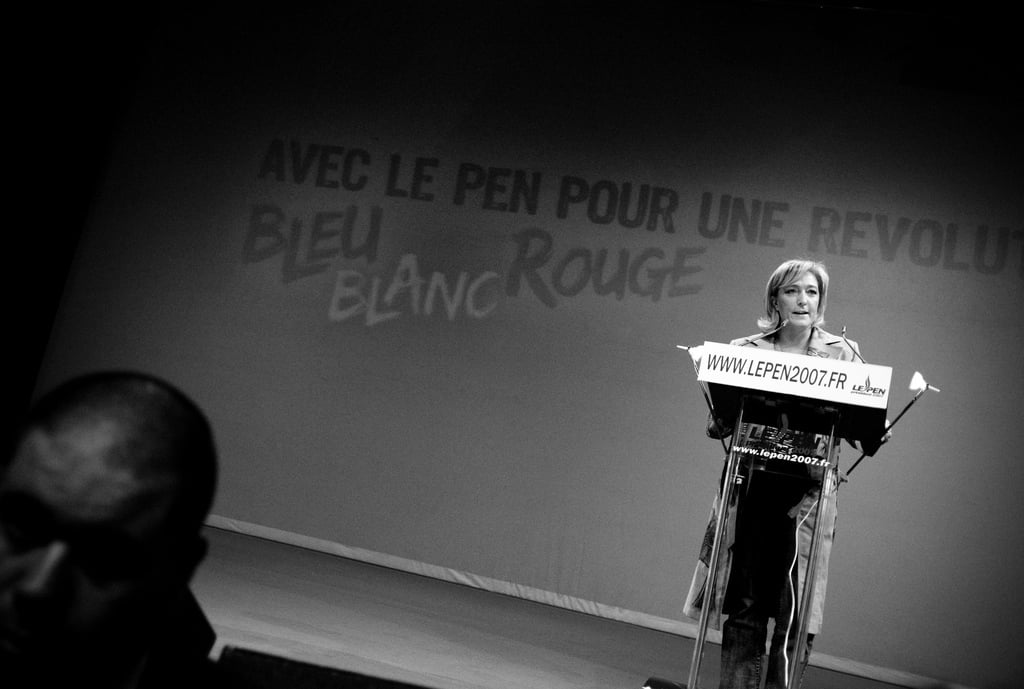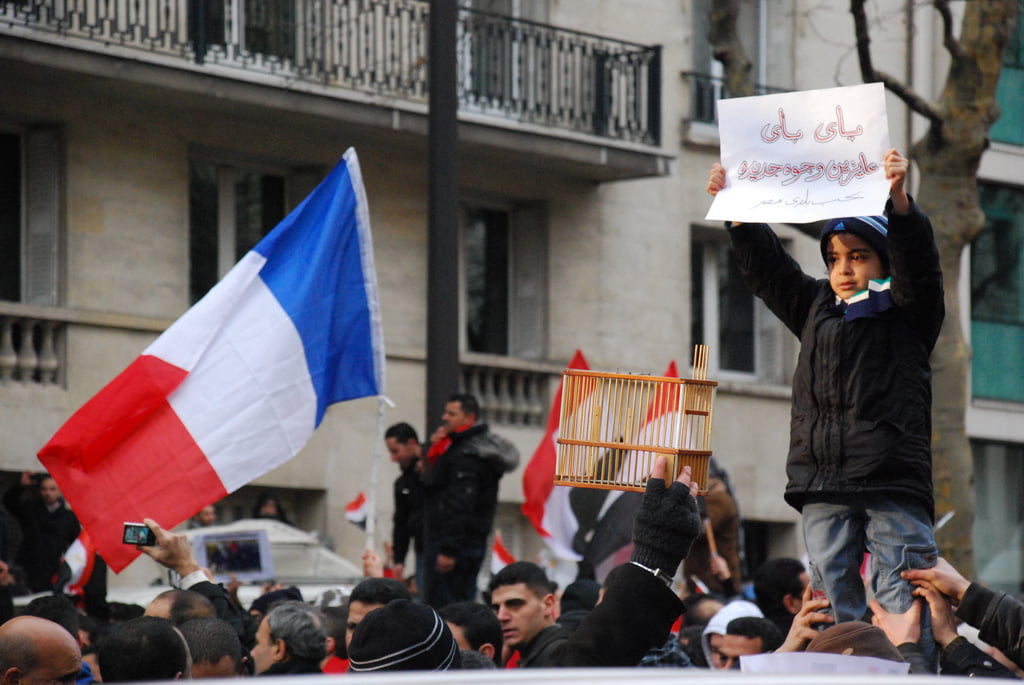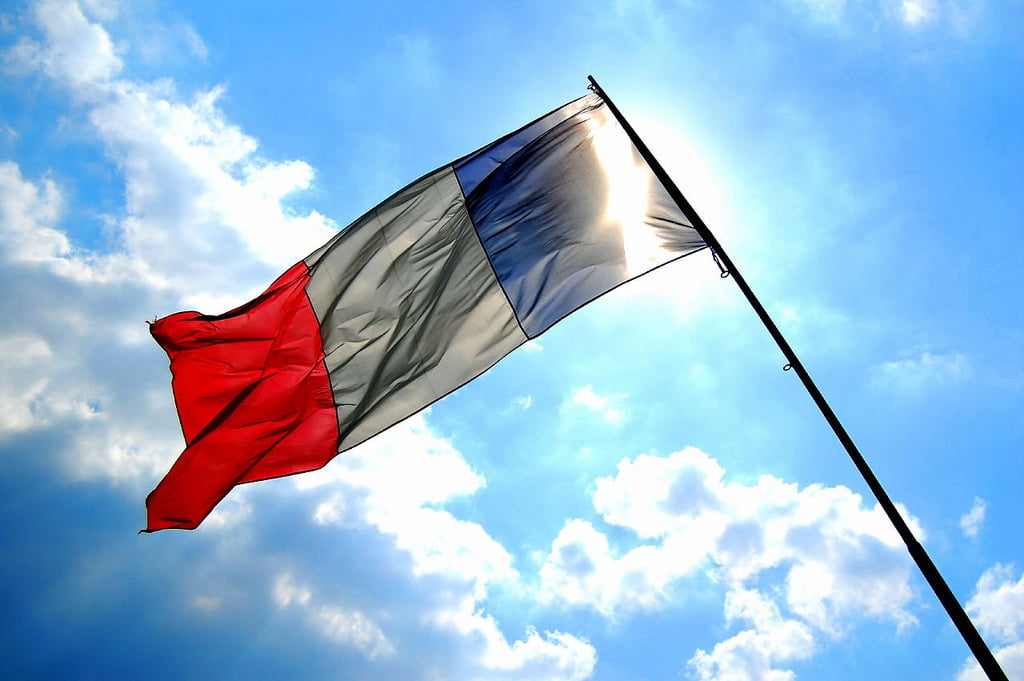French voices: Identity & immigration
“Most of my family came from Italy. I was told many times that it was very hard at the time. French people were not welcoming and discrimination was part of the immigrants’ lives.”
Lionel is a French-born, Melbourne-based secondary school teacher. He left his hometown of Cannes at the age of 22.
“I am against discrimination, but Italians, Spanish, Portuguese or Polish had to work hard to be accepted; they changed their names to more French names and adapted their cultures to be accepted.”
Decades later it is not a European diaspora raising issues in France, but the wave of immigrants from primarily Islamic countries.
Amongst this phenomenon is another: a record 17.9% of votes for Marine Le Pen in the presidential elections.¹ It seems that one fifth of the country has turned to the extreme right for a solution.
To the international community it’s a symptom of a country that is fundamentally racist. The French perspective disagrees.
Can France truly be secular?
Céline is a 23-year-old marketing graduate, born in Metz, France who has lived in Paris, London and now Melbourne. Having seen many women wearing the niqab in England, she says for only their eyes to be visible was unnerving. “It’s not racism,” she explains, “I don’t care if she’s Muslim; we are the same!”
From one angle, the French policy of le laïcisme seems discriminatory and unfair. From another, it can be seen as an attempt to equalise.
“[It’s true schools] don’t have Islamic holidays, but do for Catholic people,” says Céline. “But [Muslim students] can miss school for those events… it’s just not in the calendar. And if you’re going into the canteen in any school they have food for Muslims, Jews, Catholics…”
Claire Gomolla, 27, has spent most of her life in Lille, before moving to Marseille to study, and then to Melbourne, Australia for work. She believes secularism is not unrealistic, but difficult. “There is a point with tradition, because in France we are traditionally Christian. That’s why on Friday, there [is] fish in school.”
Should France adapt?
“Even if people should be tolerant, immigrants must [make] efforts to be integrated,” says Claire. “However, the lack of integration often comes from a feeling of frustration from [the] third generation…”
“They have grown up with a bad feeling of being rejected, even if in reality the French state helps them a lot [compared] to other countries’ social models.”
Valentine Camus, 23, a student of Modern Arts, living in Montpellier, takes a more pragmatic approach. Not to see the face of a person in public is considered a potential danger. “This has nothing to do with religion; it is safety.”
“The same way a French woman visiting a Muslim country should wear a headscarf, a Muslim woman shouldn’t wear a niqab in a public place, because it goes against the principles of the country.”
France: fair and democratic
“I am not saying that France has always done the right thing throughout its history,” says Lionel, “but it was always able to reflect and learn from its mistakes to create a society which is fair and democratic.”
“We are talking about France having to adapt to cultures that go against its ideas of fairness such as women’s rights… Many people are trying to convince us that because of this fair and democratic background we should deny everything that made our country.”
A French vote to the right
“Marine Le Pen plays with people’s fears, especially on the immigration issue,” suggests Valentine. “[For Le Pen’s voters] closing up on [them]selves seems the best option, to ‘save what can be saved’.”
Céline believes that despite perceptions, the French are a very tolerant people. “[They are] very open-minded, but I think that it all has its limit.”
This is the first article in a series dedicated to sharing the thoughts and opinions of French people. If you are interested in adding your voice to the discussion, email us at info@MyFrenchLife.org
Join the discussion on Twitter: #FrenchVoices
1. Marine Le Pen’s 17.9% is not a breakthrough for the far right, Jon Henley on the Guardian, 25/05/2012
Image Credits:
1. French Flag Flying, by Josh Veitch-Michaelis on Flickr
2. Marine Le Pen, by Gueorgui Tcherednitchenko on Flickr
3. Niqab, by Silk Cut on Flickr
4. Le drapeau français, la cage et le “bye bye”, by Antony Durgeon on Flickr
5. Drapeau Français/French Flag, by Cyril Plapied on Flickr











